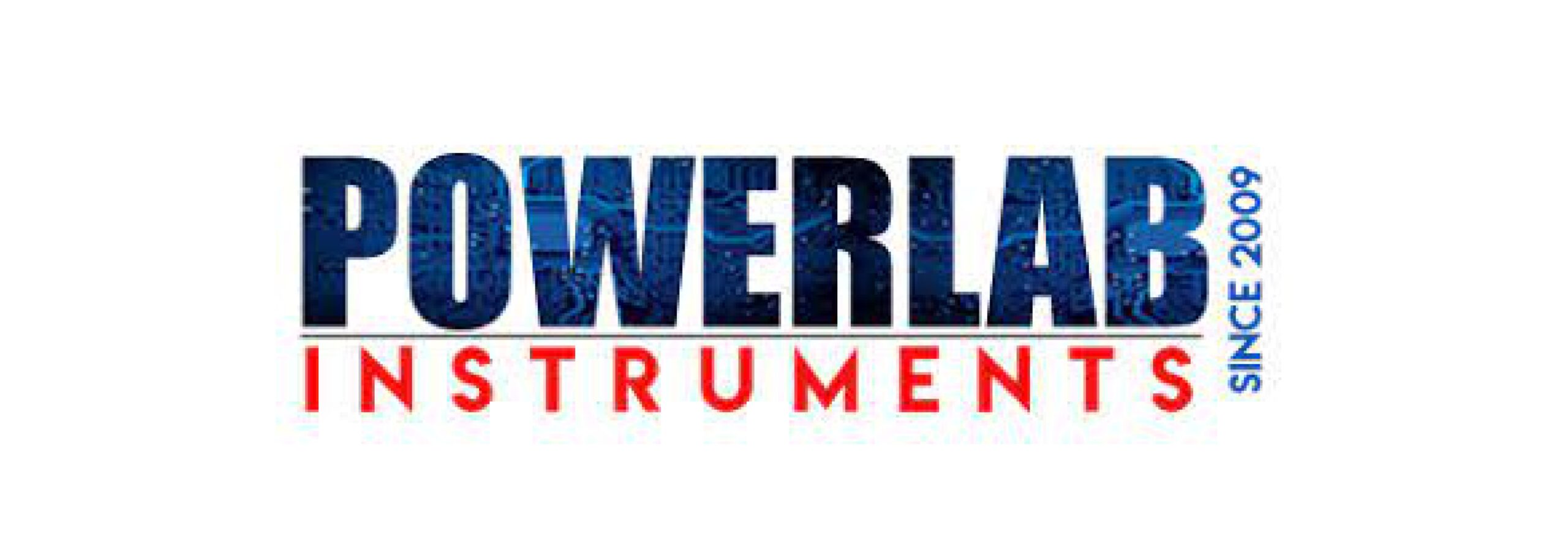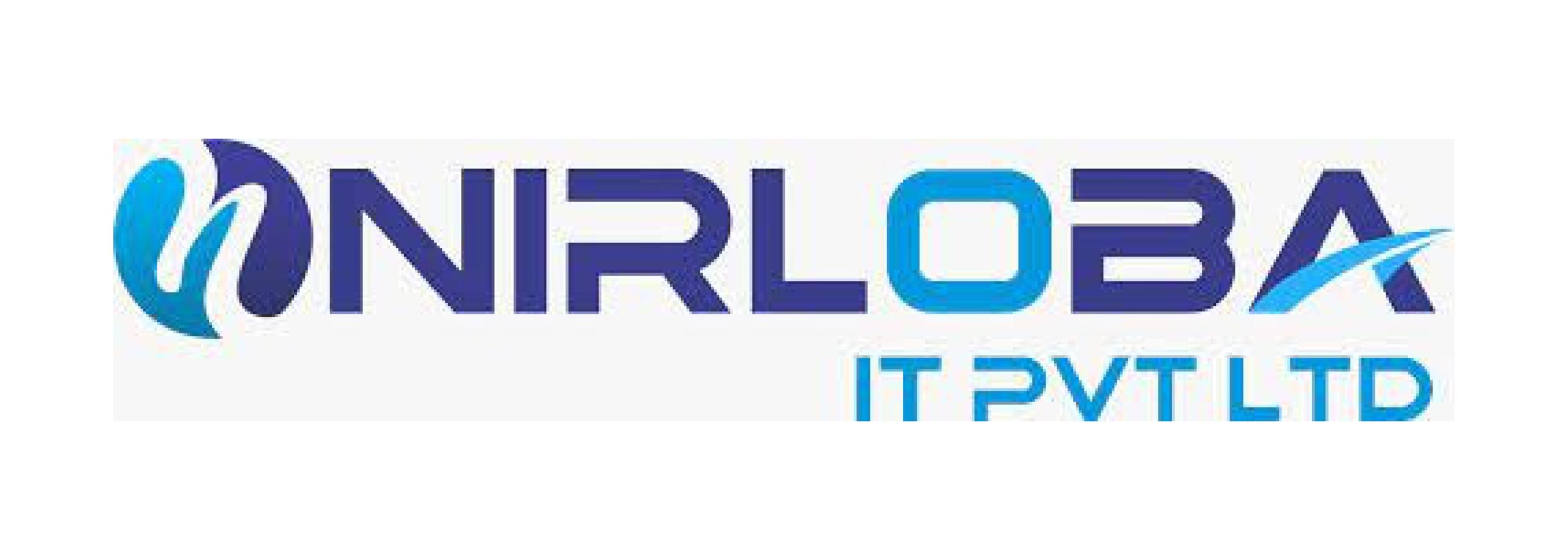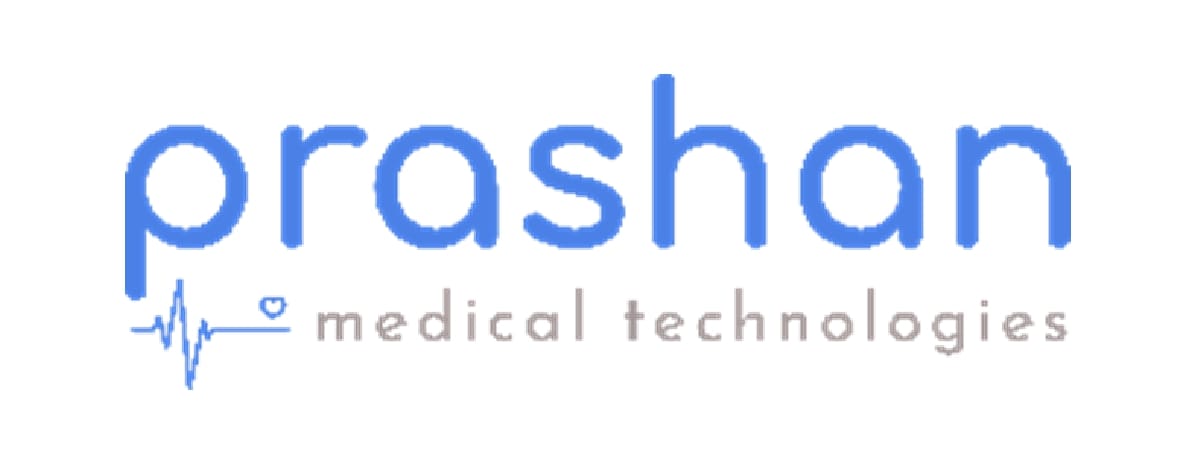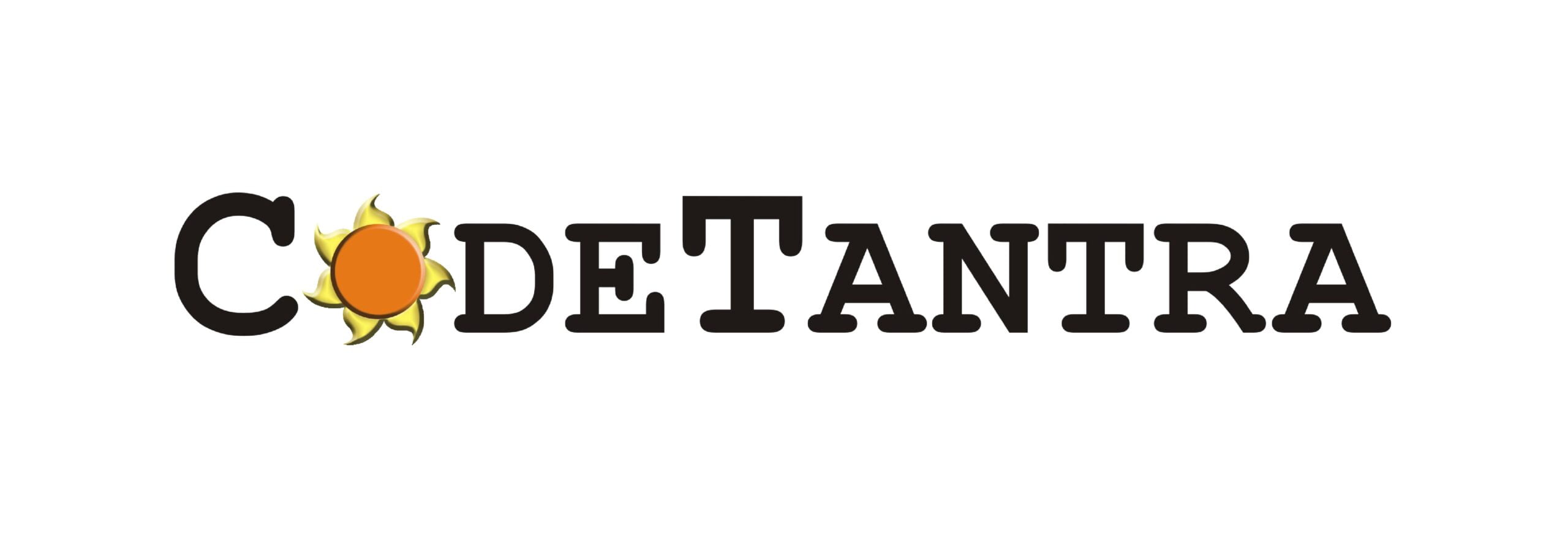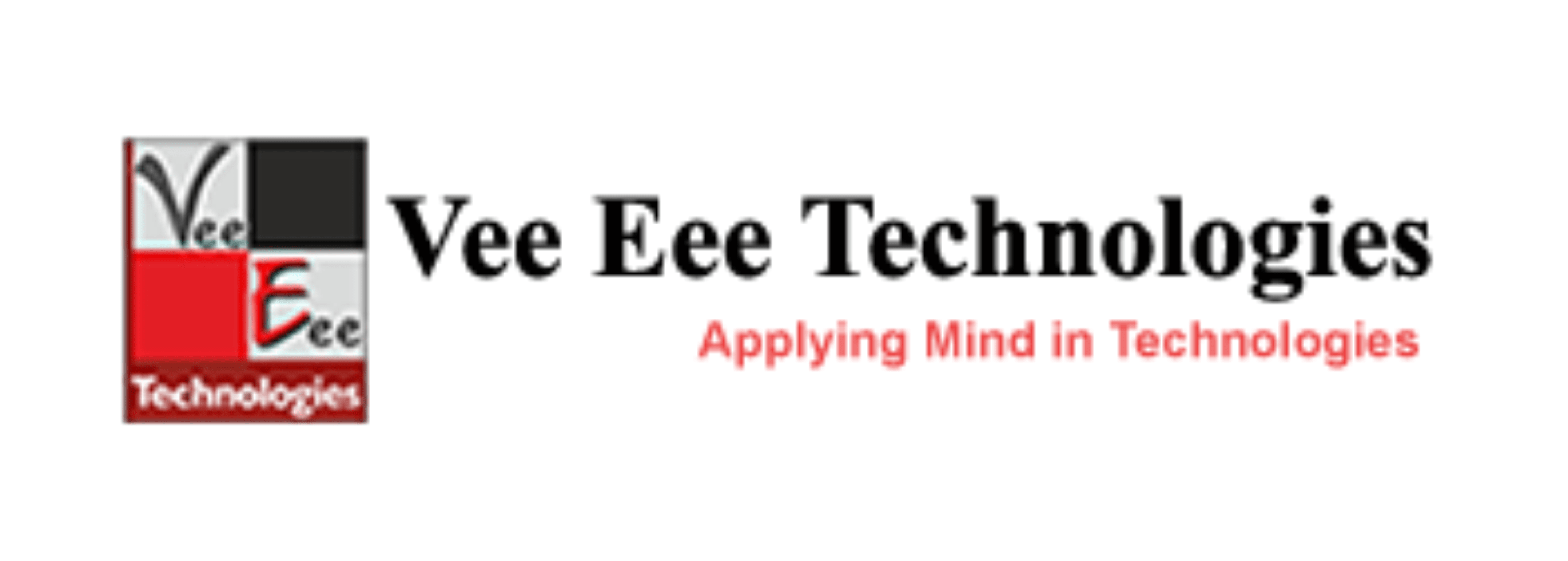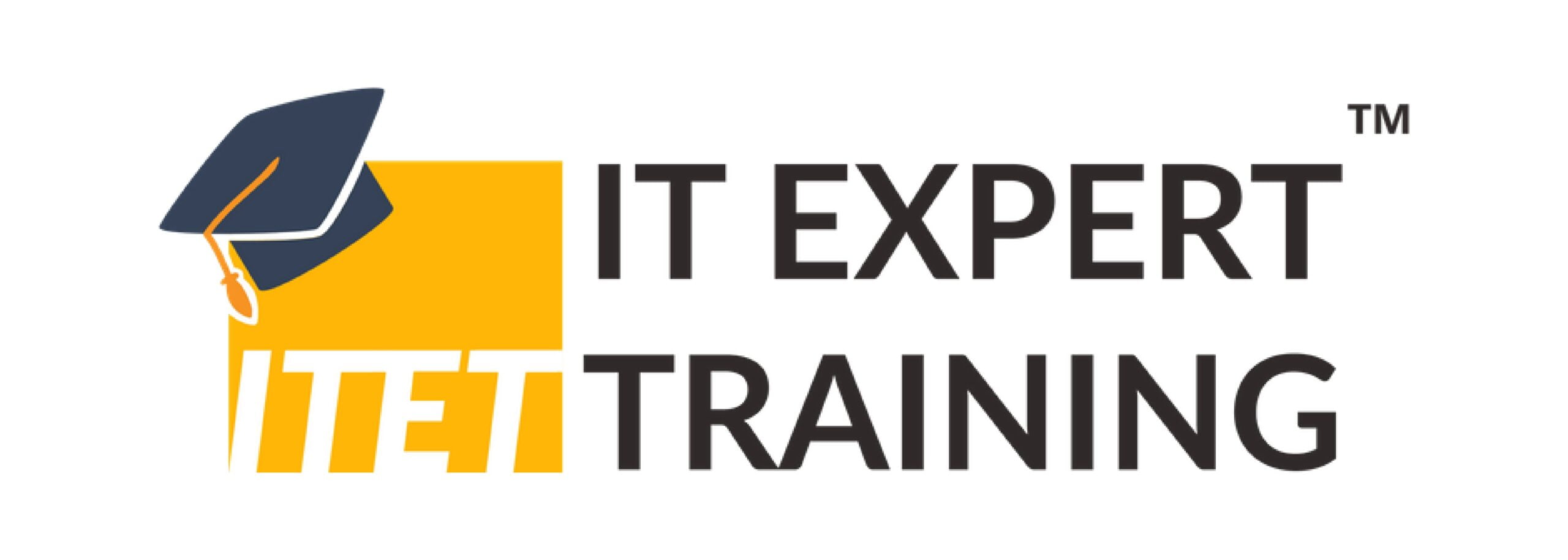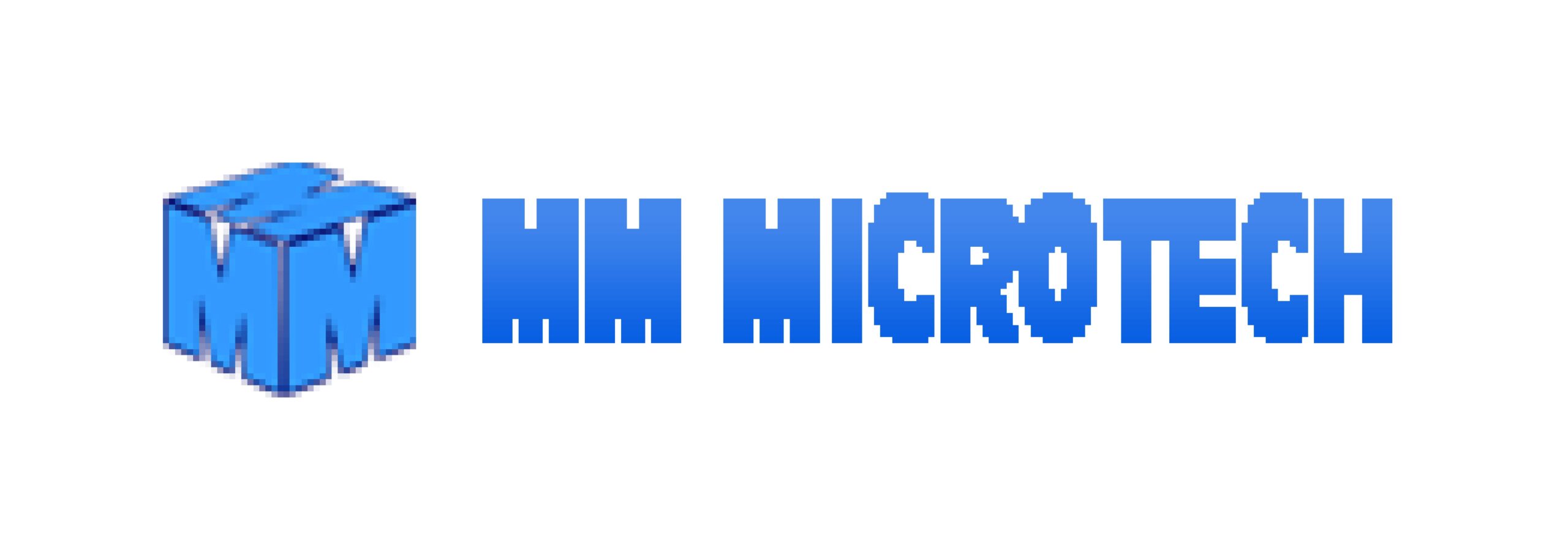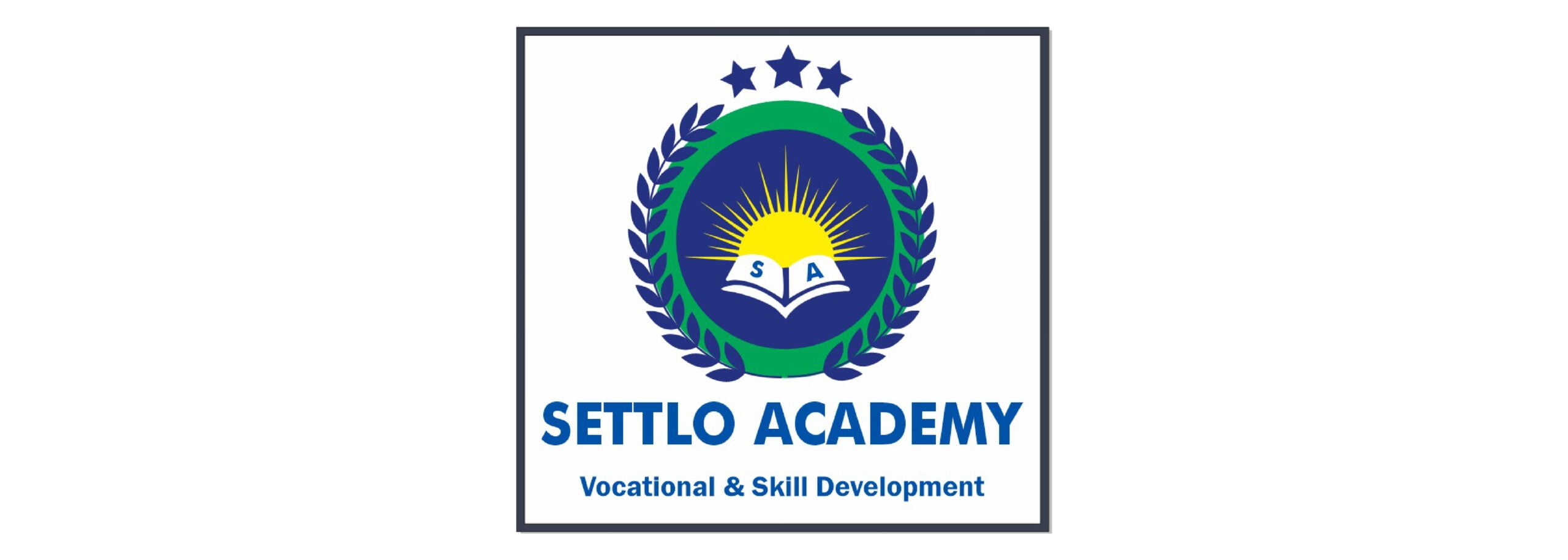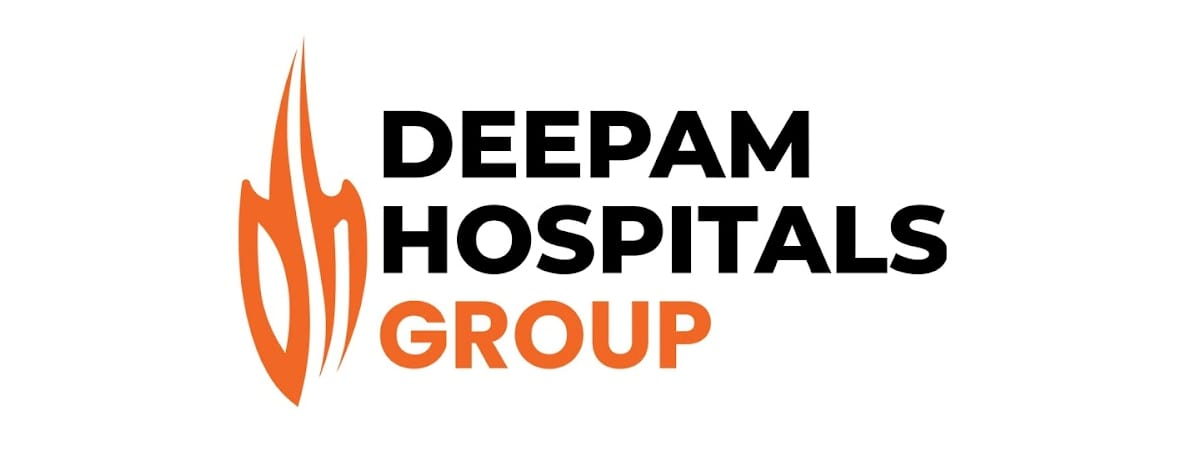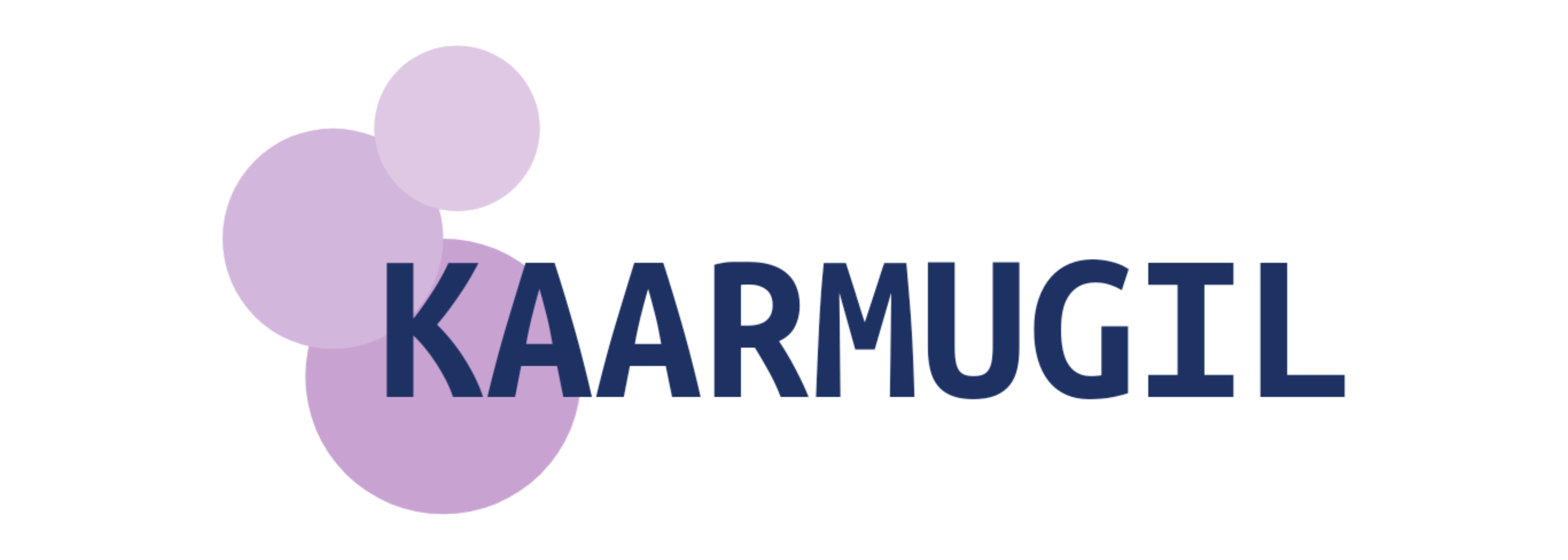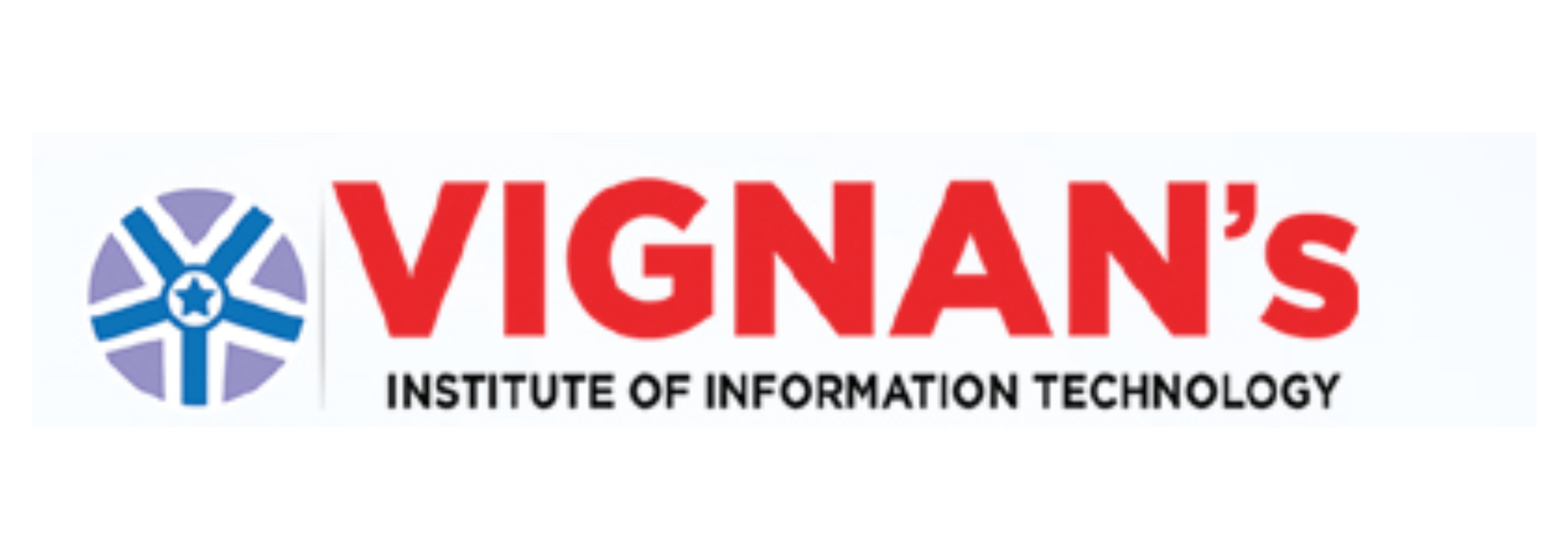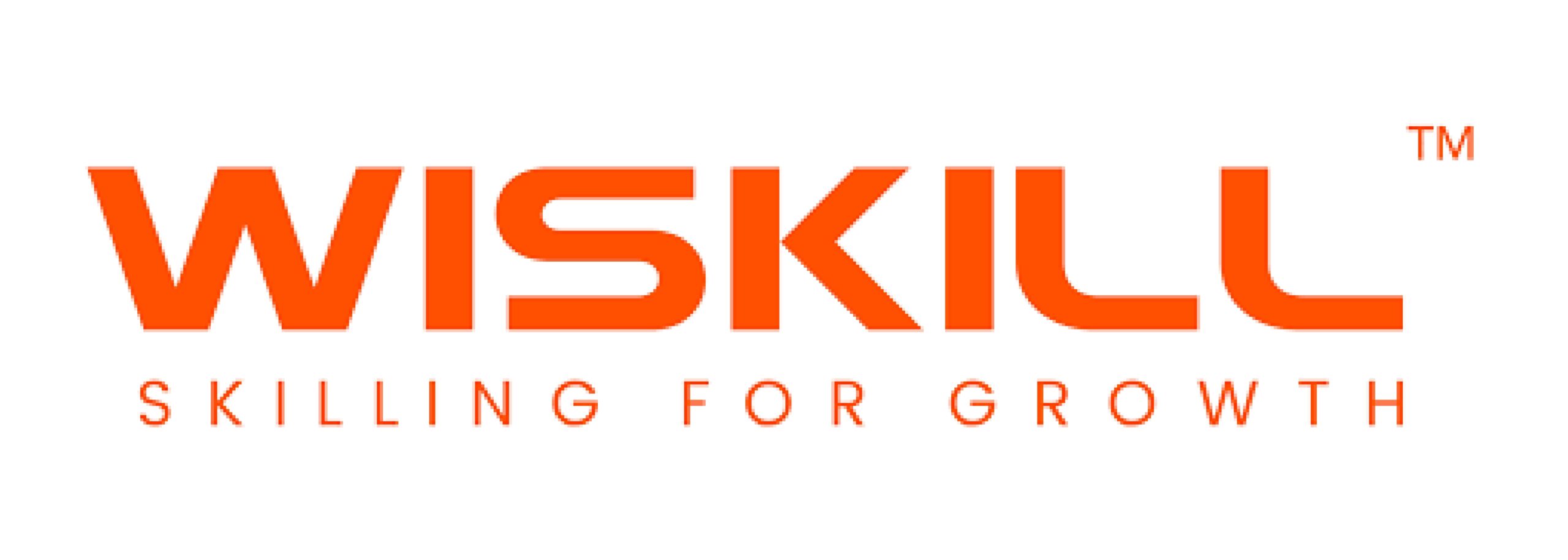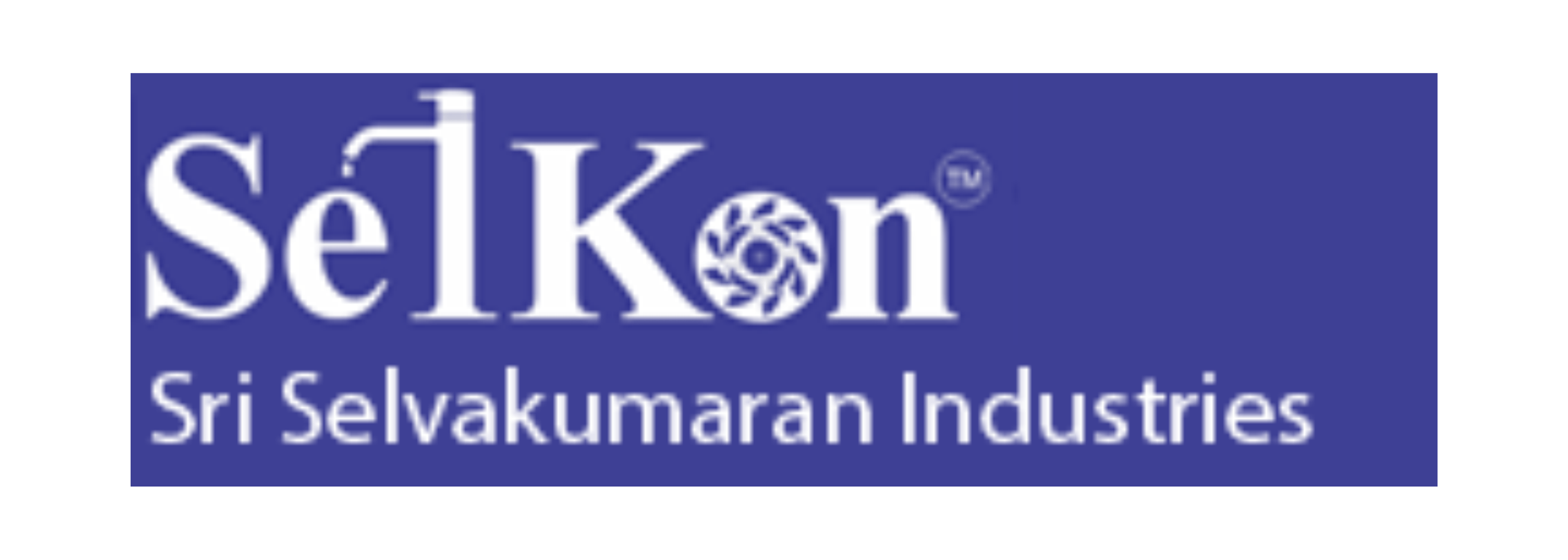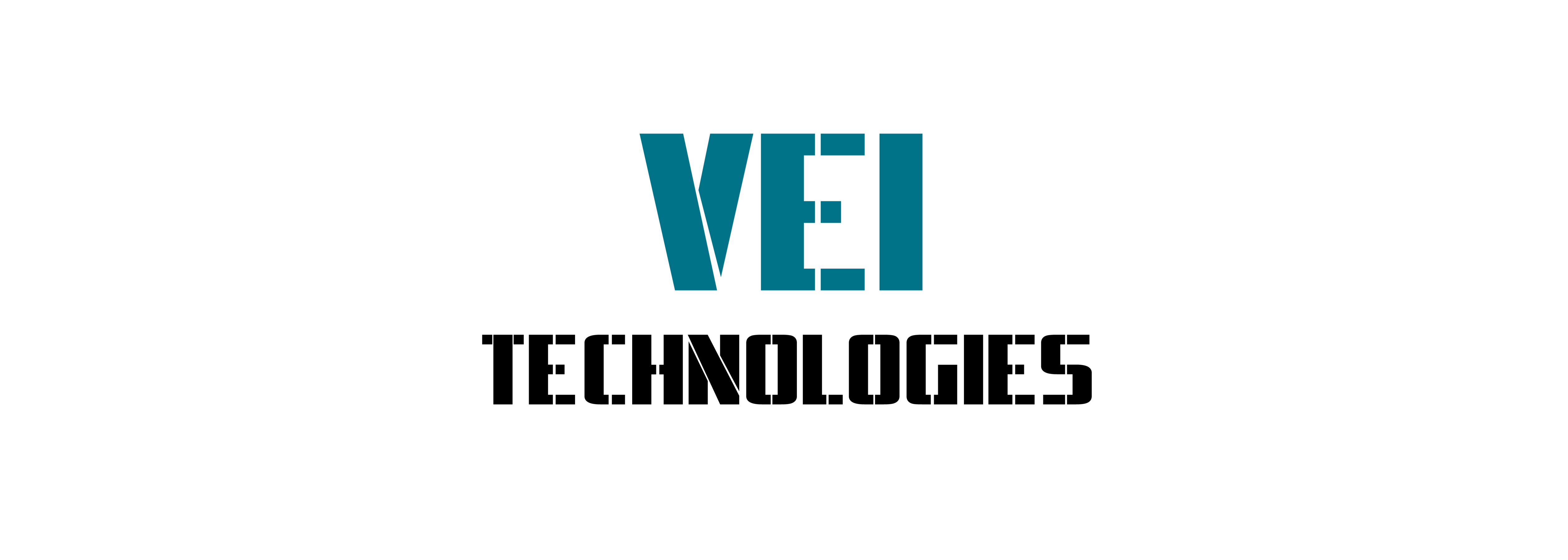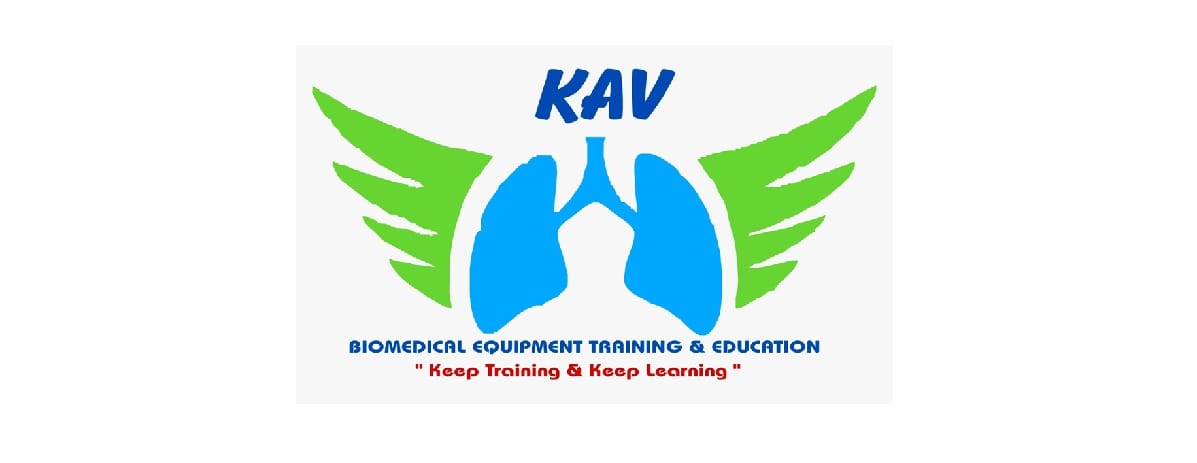Overview
The Department of Biomedical Engineering was established in the year 2018 and offers a 4-year B.E. Biomedical Engineering Programme that is affiliated to Anna University. The B.E. Biomedical Engineering Programme is accredited by the National Board of Accreditation (NBA). The branch involves the study and application of engineering processes for diagnosis, monitoring, and therapy in human healthcare. Biomedical Engineering is a rapidly changing interdisciplinary domain in which each branch of engineering interacts with a number of other disciplines to yield a fundamental understanding and design of healthcare processes and systems, improved diagnostics, optimal intervention, prosthetic organ assist systems, rehabilitation of disabled patients, and econometrics.
Vision
To produce competent Biomedical Engineers for providing better healthcare to the society.
Mission
- To impart value-based education in Biomedical Engineering using medical equipments
- To prepare the students for placements and entrepreneurship in Healthcare industries through Hospital Training
- To provide solutions to healthcare industries and society through lifelong learning with ethical values
Programmes
- B.E – Biomedical Engineering
Program Educational Objectives
PEO1 :
Graduates will be able to apply Biomedical engineering concepts to handle modern medical equipments in diagnosis process.
PEO2 :
Graduates will be able to generate solutions that address real-time challenges in the healthcare sector.
PEO3 :
Graduates will be able to maintain and improve technical competence in Biomedical engineering through lifelong learning with ethical and moral values.
Program Outcomes
1. Engineering Knowledge
Apply the knowledge of mathematics, science, engineering fundamentals, and an engineering specialization to the solution of complex engineering problems.
2. Problem Analysis
Identify, formulate, review research literature, and analyze complex engineering problems reaching substantiated conclusions using first principles of mathematics, natural sciences, and engineering sciences.
3. Design/development of solutions
Design solutions for complex engineering problems and design system components or processes that meet the specified needs with appropriate consideration for the public health and safety, and the cultural, societal, and environmental considerations.
4. Conduct investigations of complex problems
Use research-based knowledge and research methods including design of experiments, analysis and interpretation of data, and synthesis of the information to provide valid conclusions.
5. Modern Tool usage
Create, select, and apply appropriate techniques, resources, and modern engineering and IT tools including prediction and modelling to complex engineering activities with an understanding of the limitations.
6. The Engineer and Society
Apply reasoning informed by the contextual knowledge to assess societal, health, safety, legal and cultural issues and the consequent responsibilities relevant to the professional engineering practice.
7. Environment and Sustainability
Understand the impact of the professional engineering solutions in societal and environmental contexts, and demonstrate the knowledge of need for sustainable development.
8. Ethics
Apply ethical principles and commit to professional ethics and responsibilities and norms of the engineering practice.
9. Individual and Team Work
Function effectively as an individual, and as a member or leader in diverse teams, and in multidisciplinary settings.
10. Communication
Communicate effectively on complex engineering activities with the engineering community and with society at large, such as, being able to comprehend and write effective reports and design documentation, make effective presentations, and give and receive clear instructions.
11. Project Management and Finance
Demonstrate knowledge and understanding of the engineering and management principles and apply these to one’s own work, as a member and leader in a team, to manage projects and in multidisciplinary environments.
12. Life-long learning
Recognize the need for, and have the preparation and ability to engage in independent and life-long learning in the broadest context of technological change.
Program Specific Outcomes
PSO1 :
Acquire the necessary knowledge and basic skills, along with a deep understanding of engineering and medical sciences.
PSO2 :
Solve real time Biomedical Engineering problems using appropriate medical equipments to improve the quality of life.
PSO3 :
Develop systems for measurement, analysis and interpretation of medical data for better healthcare in the society.
 Overview
Overview Vision
Vision Mission
Mission
